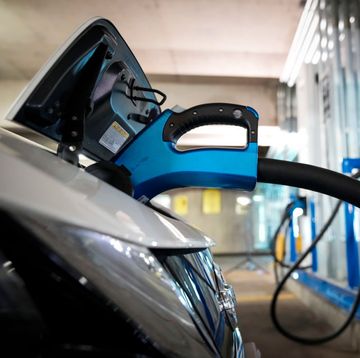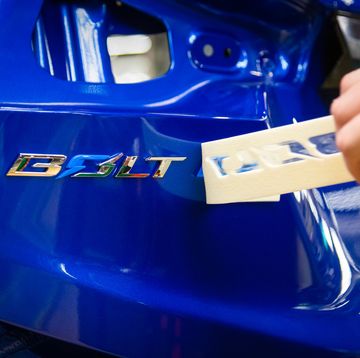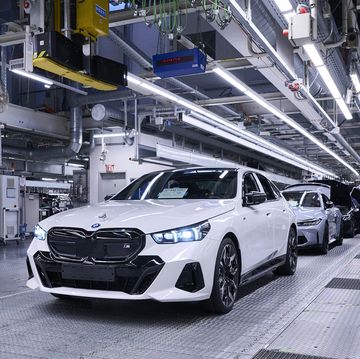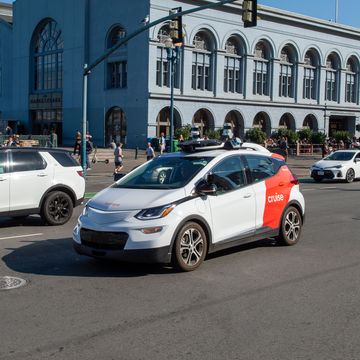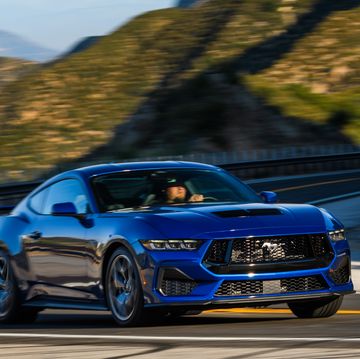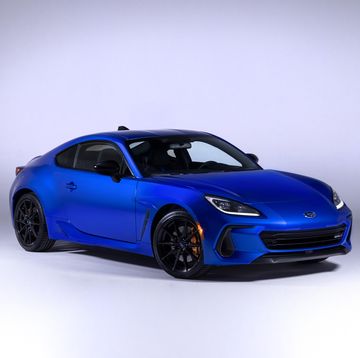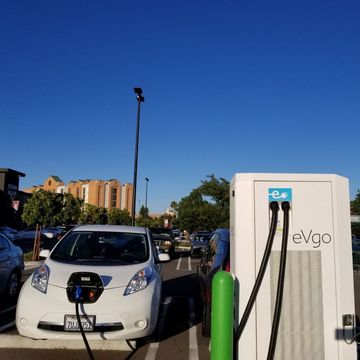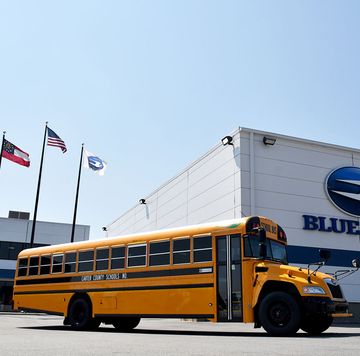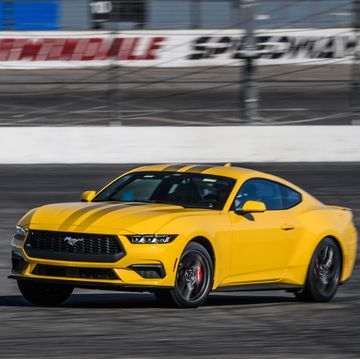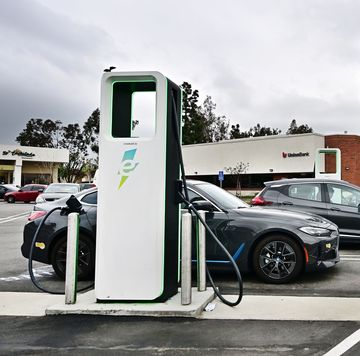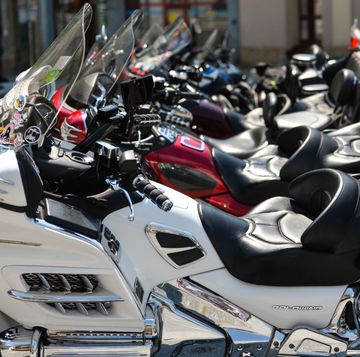Like probably everyone who reads AutoWeek, I got my interest in the workings of things mechanical from my dad. I know, this is not the Father's Day Gift Guide. Nonetheless . . .
Dad was an engineer, which meant whenever anything in the house broke, he didn't just fix it; he re-engineered it. In hindsight, it might have been better just to fix it, but that is what engineers do.
After graduating from Notre Dame with a BS in aerospace engineering, his first job was at Detroit Transmission. I wasn't around then, but I'm guessing he worked on the all-new Controlled-Coupling Hydra-Matic transmission. Maybe the collector car in your garage has one in it, or maybe you've torn one of those apart and put it back together again. If so, I hope you didn't try to reengineer it.
If things had been different, I might have spent my whole life in Detroit, working my way up to assistant middle manager of sprocket-manual content writing. Instead, we moved west with the aerospace boom--thank God for the Cold War!--and my dad spent the rest of his career making things that either flew through the air very quickly or rocketed into space. One of my favorite photos was of him at the Jet Propulsion Laboratory standing over a glistening magnesium cylinder about the size of a 55-gallon oil drum. That thing was Mariner 7, which went to Mars in 1969 and sent back some of the first close-up photos of the Red Planet. Mariner 7 is still up there, circling Mars, batteries dead, waiting for space archeologists to find it.
My dad spent the latter part of his career making jet-airplane stuff I couldn't hope to understand. There are very few engineers who can adequately explain to nonengineers what it is they do and how they make the stuff they make. To do that, they need translators, people who aren't necessarily engineers themselves but who can poke a head into one world, look around and come out ready to explain what they saw to the rest of us.
That's where journalism comes in. Our jobs at AutoWeek (or Automotive News or the New York Times) are to go somewhere interesting, look around and tell you what we saw. Sometimes that means sticking a noggin into the world of endless equations and calculations that go into making a car, talking to the people who make them and coming out to tell you what those guys did. Sometimes we meet engineers who are articulate about their complex work, explaining it in terms mere mortals can understand. Then things are easy. More often than not, we have to reach out more on our end to grasp it. Believe me, that's a skill.
I never got to that level with my dad; it was too vast a reach. He was about 400 times smarter than you or I and never understood why everyone else wasn't just as brilliant as he was. Sometimes the people we should be closest to are the ones farthest away from us. My dad died on Oct. 2 at age 81, never having fully understood why I--and almost everyone else in the world--wasn't also a rocket scientist. I will go on trying from my end, translating as best I can the thoughts, designs and deeds of others who are usually smarter, more dedicated, more graceful than the rest of us--those who are, in a word, "interesting" and whose creations are so compelling that you would want to read about them. That's what I do on my end of the spectrum.


